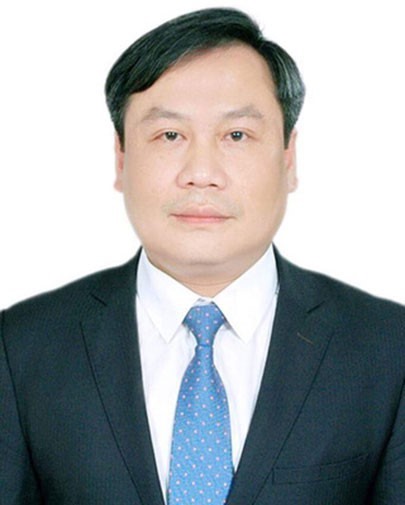 Economy
Economy

Since June 19, public-private-partnership (PPP) investment projects have been implemented according to Decree 63/2018/NĐ-CP (Decree 63).
 |
Since June 19, public-private-partnership (PPP) investment projects have been implemented according to Decree 63/2018/NĐ-CP (Decree 63). This decree, was signed by the Prime Minister on May 4, replaces Decree 15, which was in effect from April 10, 2015. Decree 63 prescribes the fields, conditions, order and procedures for investment in the form of PPP. Deputy Minister of Planning and Investment Vũ Đại Thắng talks with Thời báo Kinh tế Việt
An important point of Decree 63 is that the proportion of investors’ equity capital required to move forward with PPP projects will be raised from 15 per cent to 20 per cent. Why were these figures selected?
In fact, the implementation of Build-Operate-Transfer (BOT) projects in the past shows that the investment capital ratio of 15 per cent did not prove investors’ financial ability to complete the projects. Therefore, during the process of revising Decree 15, we decided to raise the cap to 20 per cent in order to verify investors’ capability in BOT projects.
I think that the ratio of 20 per cent is enough to assure the investors’ financial stability as well as guarantee that their cash flow to implement the project will be on schedule. Previously when the ratio was 15 per cent, the money during the implementation of the bidding package and construction items were not guaranteed. Therefore, many BOT projects were delayed or unable to be fully financed. Furthermore, as the equity capital ratio is increased from 15 per cent to 20 per cent, the investors’ responsibility will be increased during the implementation process of the projects.
What other regulations does the decree highlight to ensure that the investors will disburse capital according to each project’s plan?
Decrees 63 and 15 both regulate that, besides ownership capital, the private investors need to have guarantees from financial institutions allowing them to access loans before they sign BOT and BT projects. Therefore, when entering the projects, the investors’ financial resources, including ownership capital and loans, are guaranteed to be disbursed.
Decree 63 also expands the State’s contribution capital in PPP projects. What is the significance of that?
According to the old regulations, the State’s contribution capital will be limited to the State budget’s capital resources and official development assistance (ODA) loans to provide corresponding capital for PPP projects. But in fact, there are many fields such as education and healthcare in which the State earns revenue from its public services.
Therefore, during the period of drafting the new decree, we proposed to add several new resources for the State budget, using revenue collected from the public services as a corresponding fund for the PPP projects. This will create diversification in the State’s contributions to PPP projects, especially in public service projects.
The budget fund resource has been regularly decreased so that the increase of the State’s contribution capital through public services will certainly increase PPP projects’ attractiveness in the eyes of the private sector.
There are still many shortcomings in BOT and BT projects. In your opinion, can Decree 63 solve such shortcomings?
In three years of implementing Decree 15 and carrying out BOT projects, there were many shortcomings such as in the appointment of contractors, price hikes and not publicising the land prices of projects in which investors are paid by the State with land (use of land use right value) as corresponding part. Therefore, we created a method to handle it in Decree 63 that also related to the BT projects.
Decree 63 has a charter of regulations on the implementation of BT projects, in which infrastructure projects are allowed to select investors after their designs and total cost estimates are approved. This regulation will help prevent price hikes in the projects.
Regarding the State’s land paid to the investors (as a corresponding investment), regulations are clarified to stipulate that the project’s land use should be planned in detail with the price close to the market value.
Does Decree 63 create opportunities for foreign investors to take part in PPP projects?
Decrees 15 and 63 on PPP are close to aligning with general international standards. However, because PPP involves so many other legal areas such as imports and exports and foreign exchange, during the implementation of the decree it’s clear that regulations relevant to the Government’s guarantee cannot be addressed only by the decree.
The Ministry of Planning and Investment has proposed the Government put the Law on PPP into the law-building programme. It’s expected to be considered in the National Assembly’s seventh session and passed in the eigth in October 2019. When the law is issued, all issues related to the attraction of investors to participate in PPP projects will be more detailed. — VNS




